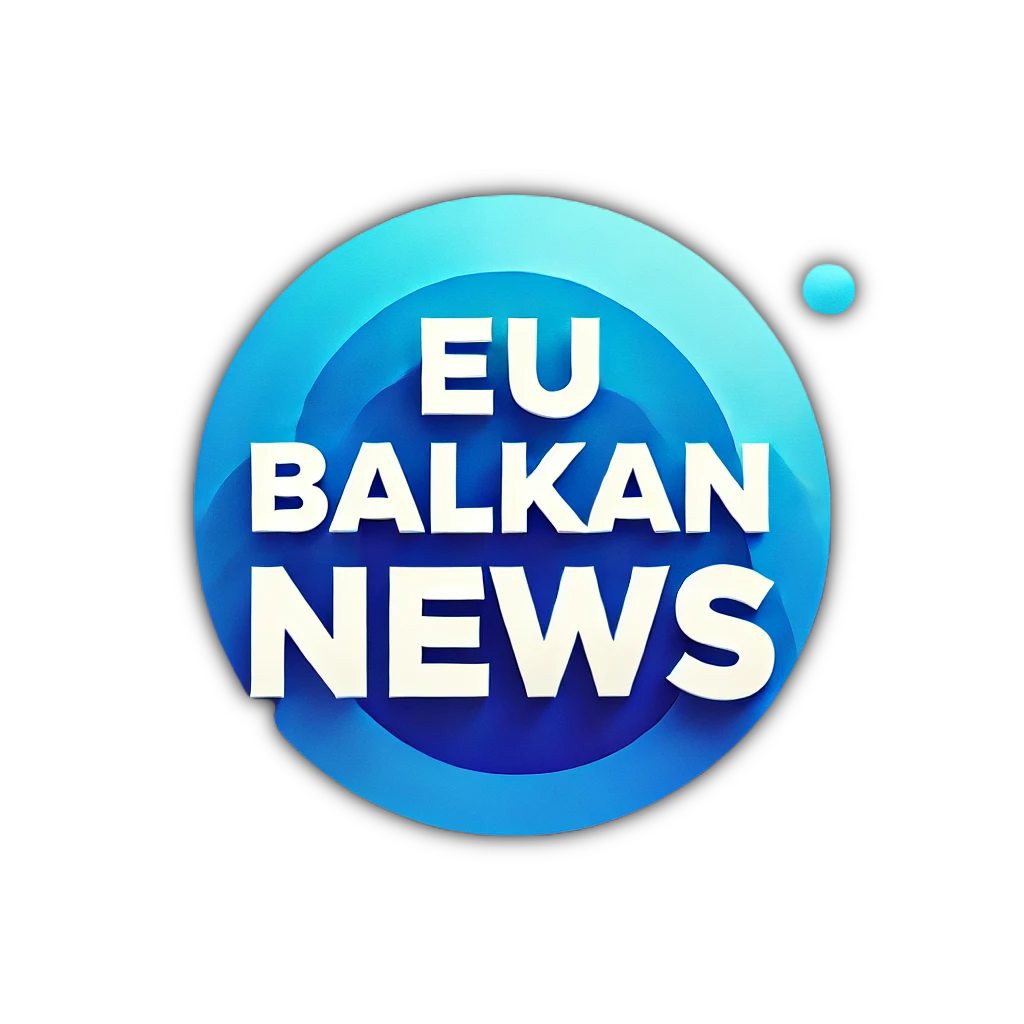Ambassador Luigi Soreca, the Head of the EU Delegation and EU Special Representative in Bosnia and Herzegovina, presented the European Commission’s 2024 Report on Bosnia and Herzegovina to Chairwoman of the Council of Ministers, Borjana Kristo. This report marks a significant milestone as it is the first since Bosnia and Herzegovina received approval to commence EU accession negotiations. The report emphasizes the importance of democratic institutions, the rule of law, and public administration in the EU accession process.
Key Takeaways
- The report serves as a constructive guide for Bosnia and Herzegovina’s EU accession efforts.
- There has been little progress on the EU path since the green light for negotiations in March 2024.
- Political leaders are urged to act decisively to avoid wasting the current momentum.
Overview Of The Report
The 2024 European Commission Report provides a comprehensive analysis of Bosnia and Herzegovina’s alignment with EU membership criteria. It highlights several critical areas that require attention:
- Democratic Institutions: The report notes that the electoral process is hindered by discriminatory elements within the constitutional system. It calls for parliamentary measures to ensure elections meet European standards.
- Rule Of Law: The judiciary’s functioning remains a concern, with persistent issues undermining citizens’ rights and the fight against corruption. The report emphasizes the need for urgent reforms to restore public trust in the judicial system.
- Public Administration Reform: Progress has been made, but essential steps are still needed to ensure a professional and depoliticized civil service.
- Civil Society Engagement: The report stresses the importance of meaningful consultations with civil society organizations, particularly in the Republika Srpska entity, where the environment for civil society is constrained.
Challenges Ahead
Ambassador Soreca pointed out that since the EU’s green light for accession negotiations, reforms have stalled, and divisive rhetoric has emerged. He emphasized that constructive dialogue and compromise are crucial for a better future. Key challenges identified in the report include:
- Weak parliamentary oversight over the executive branch.
- Insufficient coordination on EU matters within the government.
- Ongoing issues with the independence of the judiciary and the need for constitutional reforms.
Positive Developments
Despite the challenges, there are signs of a positive dynamic returning to Bosnia and Herzegovina’s political landscape. Recent agreements, such as the one signed with the EU on Eurojust for enhanced judicial cooperation, indicate potential for progress. Additionally, negotiations for a Frontex Status Agreement are advancing, and mobility agreements under the Berlin Process have shown promise.
Conclusion
Ambassador Soreca concluded his presentation by urging political leaders in Bosnia and Herzegovina not to squander the current opportunities for reform and progress. He reiterated the EU’s commitment to support the country on its path toward EU membership, emphasizing that the time for action is now. The report serves as both a warning and a guide, highlighting the need for immediate and constructive steps to ensure Bosnia and Herzegovina’s future within the European Union.

